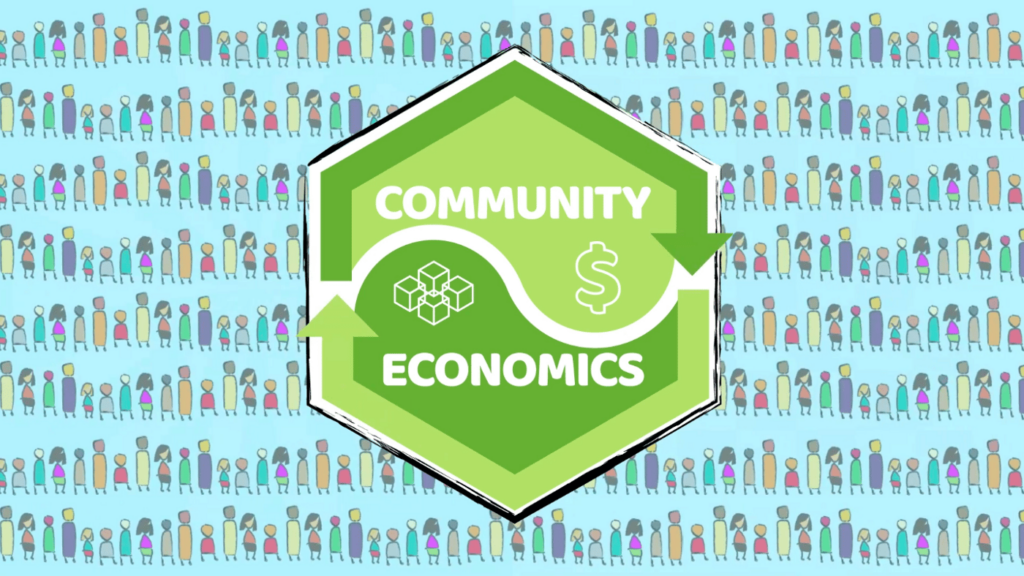Fundamentals of automated market makers

What if there were an alternative means of asset allocation that smoothly and automatically adjusted pricing in response to demand? What if these price shifts could also be designed to shape and regulate market behavior, to ensure that markets aren’t just orderly, but optimized? That’s the promise offered by automated market makers, which not only […]
Market abuses in decentralized exchanges

In decentralized exchanges, there is no need to turn to a central authority for clearing, asset custody, or balance updates, because transaction settlement always takes place on-chain. Rather than interacting with a central clearinghouse or custodian, users publicly verify the outcome of trades on the blockchain ledger. All decentralized exchanges feature on-chain settlement. An on-chain […]
Marketplace Fundamentals

In their most basic form, marketplaces are simply places — physical or virtual — where parties can transact in items or services. Bazaars and auction houses, retail stores and stock exchanges, even job fairs and speed-dating events are all examples of marketplaces. What they all share is that they involve at least one seller, e.g., […]
Game asset ownership – Part 1: Evolution of ownership

As video games have become more popular and more interwoven into our life, the systems by which they’ve been distributed have evolved — and with that evolution, their basic business model. In particular, the move from distribution of games via physical media — e.g., cartridges, chips and disks — to distribution on digital channels has […]
Game asset ownership – Part 2: The path to true ownership

Whereas traditional games effectively license digital assets to players, a blockchain game economy allows for the true ownership of a digital good, since that digital good is an asset whose link to its owner is written onto an immutable blockchain. When players — and the developer — have true ownership of assets, what that ownership confers is property rights. […]
Game asset ownership – Part 3: Better economic models

The standard unidirectional sale of goods from developers to players is, in essence, a misaligned command economy, which has been shown across economic history to be very difficult to properly manage; keeping up with demand, and supplying the right goods to meet changing needs, is challenging without the robust signals that marketplaces can provide. By […]
What is community economics?

There are 2.5 billion gamers on the planet. The games that developers make generate $160 billion dollars a year. This is bigger than the global music and film industry, combined. However, in a critical way, the worlds of gamers and developers are not aligned. Despite the hours and money players spend in games, they don’t […]
